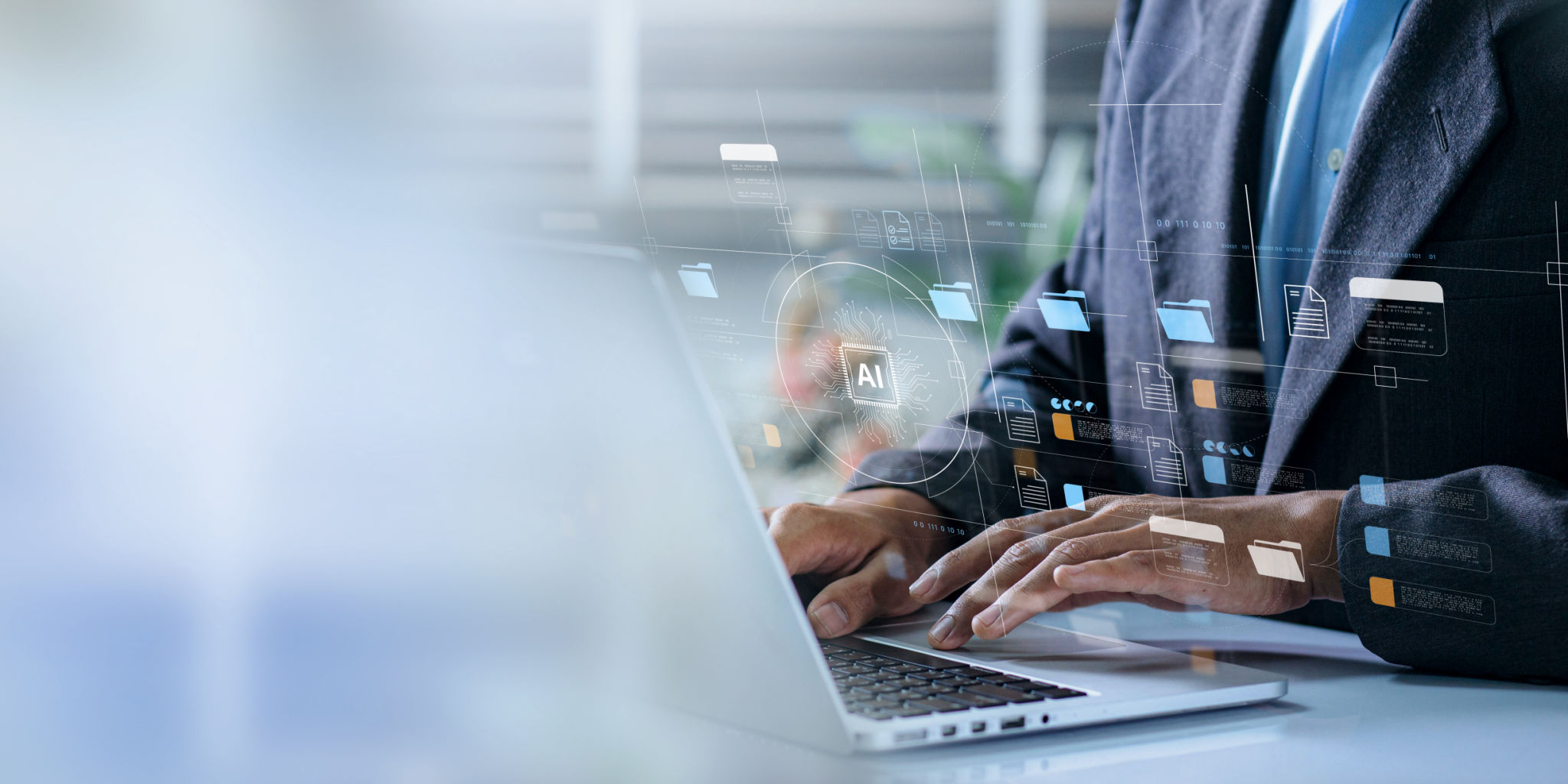AI Trends Shaping the Future of Work
The Rising Influence of AI in the Workplace
Artificial Intelligence (AI) is no longer a distant concept reserved for science fiction. It has become an integral part of our daily lives and is significantly reshaping the future of work. From automating routine tasks to enhancing decision-making processes, AI is transforming how businesses operate and compete in the global market.
As organizations continue to integrate AI into their operations, understanding the latest trends is essential for staying ahead. These trends not only redefine job roles but also create new opportunities for innovation and efficiency.

Automation and Task Efficiency
One of the most prominent trends driven by AI is the automation of repetitive tasks. By employing AI-powered tools, businesses can streamline processes that were once time-consuming and error-prone. This shift allows employees to focus on more strategic and creative aspects of their roles, thereby increasing overall productivity.
Automation is particularly beneficial in industries such as manufacturing, logistics, and customer service. For instance, chatbots can handle customer inquiries around the clock, providing instant responses and freeing up human agents for complex queries.
AI-Driven Decision Making
AI is also revolutionizing decision-making processes within organizations. With access to vast amounts of data, AI systems can analyze trends, predict outcomes, and offer insights that support strategic planning. This data-driven approach enables businesses to make informed decisions with greater accuracy and speed.
As a result, companies can react more swiftly to market changes, optimize their supply chains, and personalize customer experiences. The ability to harness AI for decision-making gives businesses a competitive edge in today's fast-paced environment.

The Emergence of New Job Roles
While some fear that AI could lead to job displacement, it is also creating new roles that require human oversight and expertise. Positions such as AI trainers, data analysts, and machine learning engineers are becoming increasingly vital as organizations seek to leverage AI technologies effectively.
This shift emphasizes the importance of continuous learning and skill development. Employees are encouraged to adapt by acquiring skills relevant to the digital age, ensuring they can contribute meaningfully in an AI-driven workplace.
Enhanced Collaboration with AI Tools
AI is fostering a new era of collaboration between humans and machines. Advanced tools enable seamless communication and coordination across teams, regardless of geographical boundaries. Virtual assistants can help manage schedules, set reminders, and facilitate meetings, allowing teams to work together more efficiently.

Furthermore, AI-powered project management software can track progress, allocate resources, and predict project timelines, ensuring successful outcomes. This collaborative synergy between AI and human teams is crucial for driving innovation and achieving business goals.
Preparing for an AI-Augmented Future
As AI continues to evolve, its impact on the workplace will only grow stronger. Organizations must remain agile and open to adopting new technologies that can enhance their operations. Investing in employee training programs and fostering a culture of innovation will be key to thriving in this AI-augmented future.
Ultimately, embracing AI trends will not only transform the way businesses operate but also unlock new avenues for growth and success. By understanding and adapting to these changes, businesses can ensure they remain competitive in an ever-evolving landscape.
